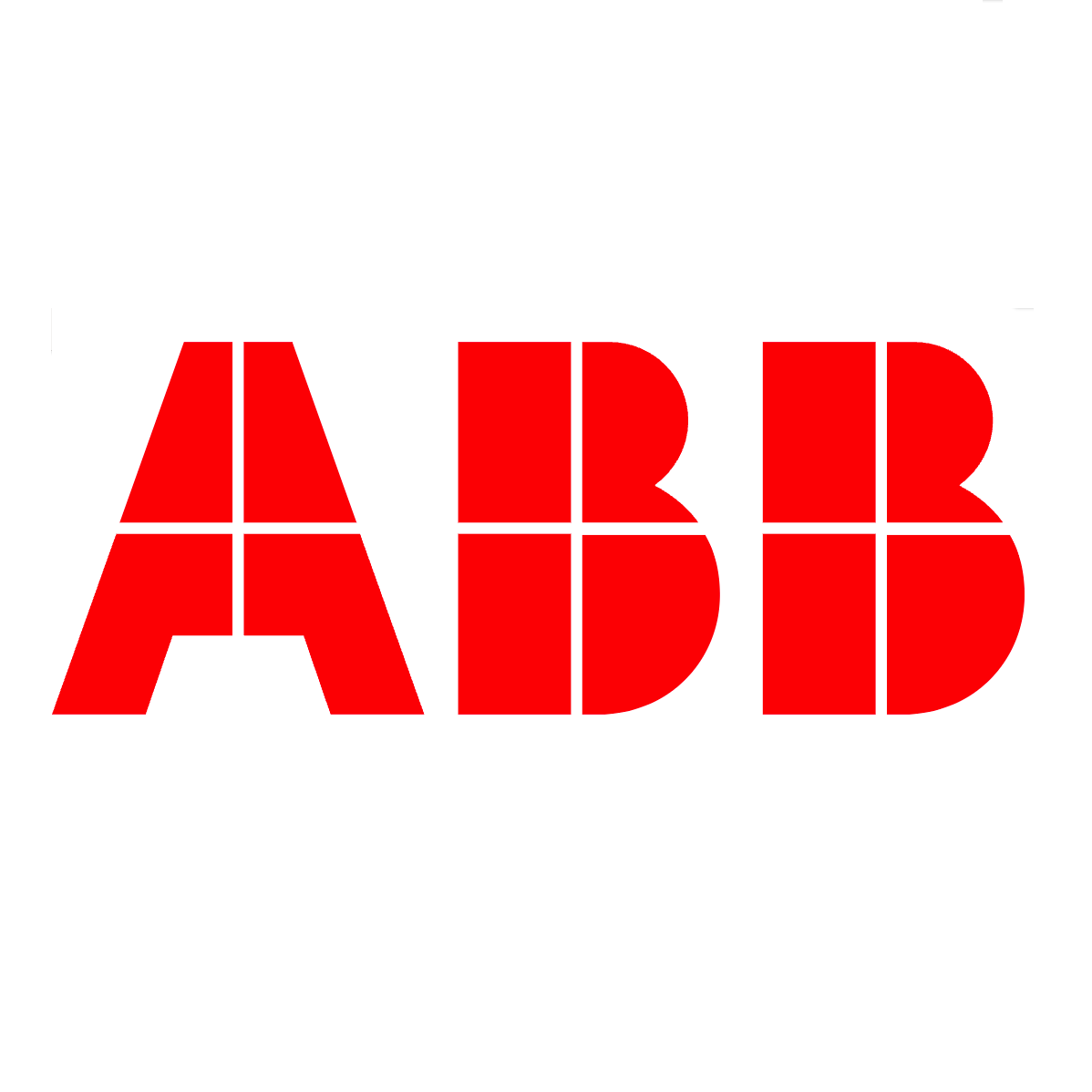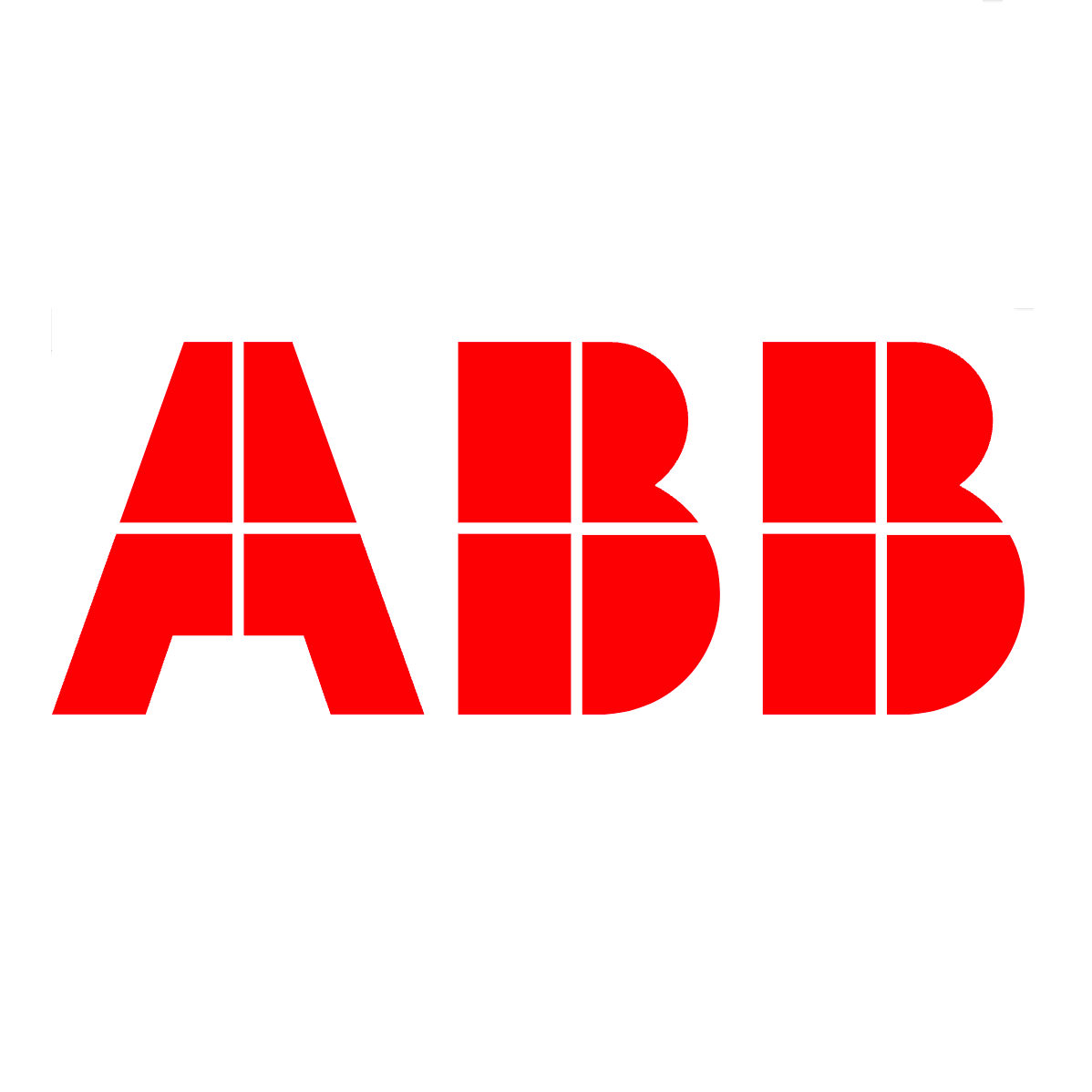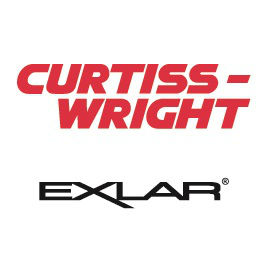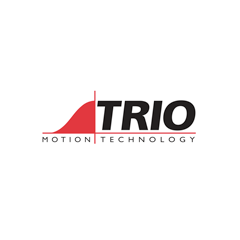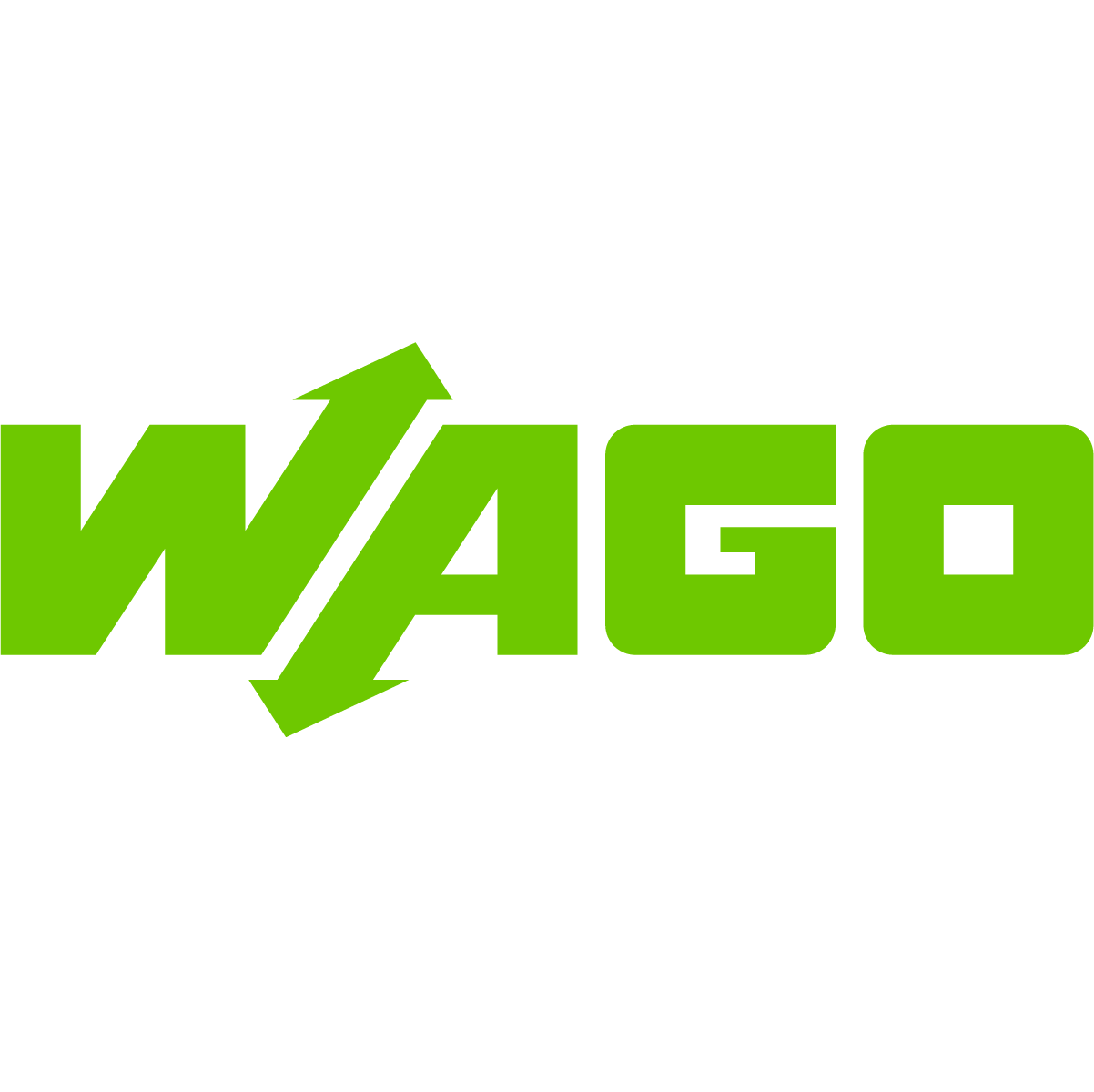DTC: Motor Control for All Seasons
Published by Carolina Motion Controls, Inc. on 7th Sep 2023
DTC Overview
What is DTC?
A Direct Torque Control (DTC) drive is a type of drive that controls motor flux and torque directly, instead of trying to control motor currents indirectly like AC vector drives and DC drives. High performance AC drives from ABB offer the DTC technique. DTC offers better accuracy in matching the driven system's load requirements. Originated by one of the founding companies of ABB and patented in the mid-1980s, DTC eliminated the need for an extra modulator stage thus achieving control dynamic close to the theoretical maximum. Recent improvements to processor computational power, application programming, and communication interfaces have continually enabled higher DTC performance, providing premium motor control for a broad range of applications.

Why use DTC?
Besides superior torque response, DTC offers other customer benefits, such as:
Beyond induction motors
DTC was originally developed for AC induction motors because of their popularity in myriad industrial and commercial applications. The torque response time of these motors approaches the motor's electrical time constant limit. Torque repeatability uncertainty under the same reference is often as low as 1% of nominal torque across the drive's speed range.
Demand for higher power density and continuously evolving international efficiency regulations have increased interest in alternative motor topologies. The good news is that DTC has been extended to work with permanent magnet (PM) synchronous and new synchronous reluctance (SynRM) motors. The main difference for DTC occurs during motor starting, which ABB drives accommodate. Absence of rotor windings and slip-speed in PM synchronous and SynRM motors extends their efficiency gains over a wider torque-speed range compared to induction motors.
The high torque/size ratio of these motors may allow a simpler drive train design. For example, a direct-driven low speed PM motor could eliminate a packaging machine gearbox. One drawback of PM synchronous motors is their reliance on rare-earth magnets. SynRM motors make a great alternative because they don't use permanent magnets.
Recent Performance Validation
In mid-2012, ABB conducted a series of measurements to ensure that continuing improvements made to DTC technology are keeping its AC drives at peak performance. The results are as follows.
ABB’s ACS800 and new ACS880 industrial drives were compared for torque control accuracy in sensorless (open-loop) operating mode. Each drive ran a 15 kW, four-pole induction motor at its rated torque reference and with the load machine controlled to make slow speed reversals near zero speed.
ACS880 drive's sensorless torque control accuracy was compared using a four-pole induction motor and a synchronous reluctance motor of 15 kW size (at 50% of rated speed). DTC held torque error to only a small percent of rated torque for both motor types.
Speed and angular position of a 1.5 Nm, 6,000 rpm PM synchronous motor were measured during speed reversal between ±6,000 rpm in less than 25 milliseconds (ms). This is very close to the motor’s mechanical time constant of 24 ms and a theoretical limit.
DTC Today and Tomorrow
Updates over time have allowed DTC to reach beyond demanding, high-dynamic applications for which it was created. Software improvements and the commonality of high-power microprocessors make DTC drives economically justified for wider implementation. Ability to respond rapidly to changes in process variables, such as pressure, tension, or position using exceptional speed and torque control dynamics makes DTC attractive to more industries.
Moreover, AC drives offer dramatic energy savings potential for large numbers of variable-speed pump/fan applications. Because pump speed versus power has a cubic relationship, a process sequence that allows the pump to run at 50% speed would use only 1/8 of full power.
Direct torque control has shown a continuum of hardware and software developments over its near 30-year lifespan. Based on firm theoretical foundations and DSP technology, DTC has overcome limitations of the early processors. Powerful processors now rapidly execute complex control algorithms, update motor model parameters, and switch the drive’s transistors for optimal performance.
ABB’s respected drive engineering heritage and substantial resources have gone into developing direct torque control. Today, DTC remains a living technology. It has grown into a brand larger than “torque control” by incorporating intelligent user interfaces, drive diagnostic features, and system-level software.
Looking ahead, ABB intends to follow the same path with its enduring DTC technology. Customers of ABB drives can be confident that the benefits of direct torque control in which they invest today will continue for the long term.


-2_1670261595__49352.original.png)
